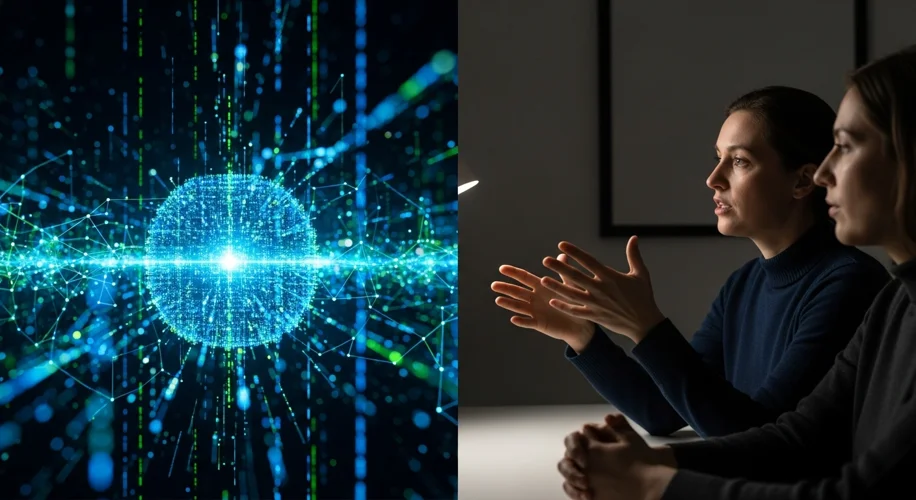Okay, so hear me out. Imagine you’ve got a digital credential – like a certificate or a badge that proves you know something or did something. The tricky part? It’s so unique, it can’t be duplicated. And to top it off, nobody’s really heard of a solid way to authenticate it digitally. Think of it like a handwritten note from a historical figure that you can’t verify against any official records, but you know it’s real.
Now, imagine you need to replace this un-duplicatable, un-authenticate-able credential. How do you decide who to trust for advice on what to do next? You’ve got two main options hitting your radar:
- Crowd-Sourced AI Advice: This is where AI models crunch tons of data, perhaps gathered from across the internet, forums, and even discussions about similar, obscure credential situations. The AI might say, “Based on 10,000 similar anonymous cases, the best approach is X.” It sounds solid because it’s data-driven, right? It’s got the veneer of objectivity because it’s not just one person’s opinion.
-
Single Community Advice: This is like asking someone who’s been in the exact same boat, or is a recognized expert within a very specific, tight-knit community that deals with these kinds of unique credentials. They might say, “Hey, I dealt with this exact situation last year, and here’s what worked for me/us.” It’s personal, it’s direct, and it comes from lived experience.
So, how do you weigh these? This thing is seriously interesting because it touches on trust, verification, and how we make decisions when the usual rules don’t apply.
Let’s break it down:
The Allure of the AI: The AI, especially if it’s supposed to be ‘crowd-sourced,’ feels powerful. It’s analyzing patterns we might never see. It can process information at a scale no single human or small group can. If the AI has access to anonymized data from thousands of people facing similar credential dilemmas, its recommendations could be statistically robust. It’s like getting advice from a thousand people at once, filtered through a smart algorithm.
The Power of the Personal: But here’s the catch. That AI is only as good as its data. If the data is biased, incomplete, or doesn’t truly represent your hyper-specific situation, the AI’s advice could be way off. On the flip side, that single community member’s advice, while anecdotal, might be spot-on because they lived it. Their context could be identical to yours, offering practical, nuanced insights the AI might miss. Think about it: a single, expert craftsman who has restored antique clocks for 30 years might know more about fixing your specific broken mechanism than a general AI trained on all of Wikipedia.
Weighing Credibility: When the credential itself is hard to prove, the source of the advice becomes the credential. How do you vet the AI’s ‘crowd’? Is it truly representative? How do you vet the single community advisor? Are they credible, unbiased, and do they understand your specific context?
In my humble opinion, it’s not an either/or situation. It’s about due diligence. You’d want to understand how the AI arrived at its conclusion. What data sources were used? Are there any known biases? For the individual, you’d look for their track record, their reputation within that specific community, and whether their situation genuinely mirrors yours. Sometimes, the generalized wisdom of the AI might point you in the right direction, and the specific, lived experience of a single person can provide the crucial details to make it work. It’s about finding the intersection where data meets deep, relevant experience.
This isn’t about having a perfectly verifiable credential anymore; it’s about building trust in the information we use to navigate uncertain digital landscapes.

